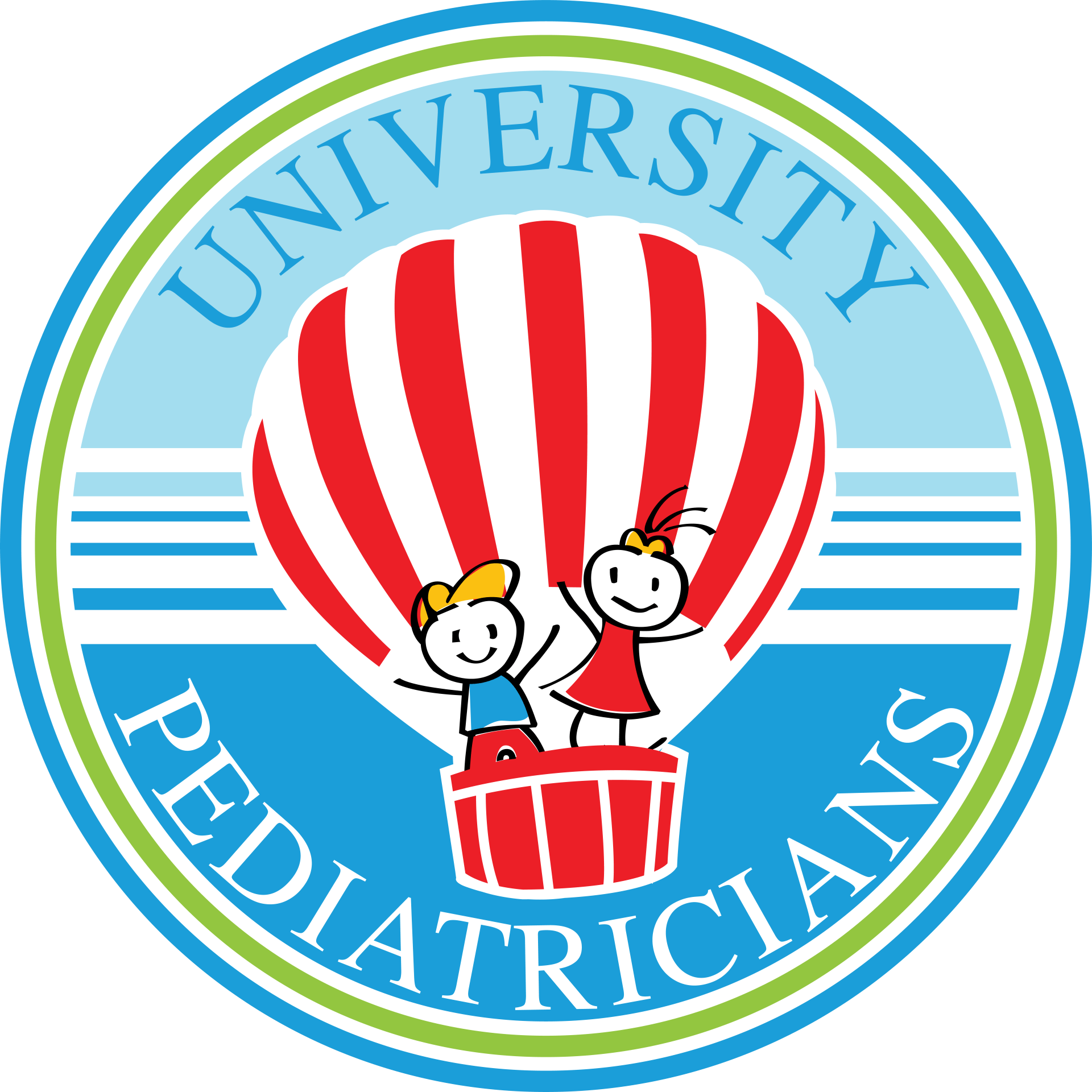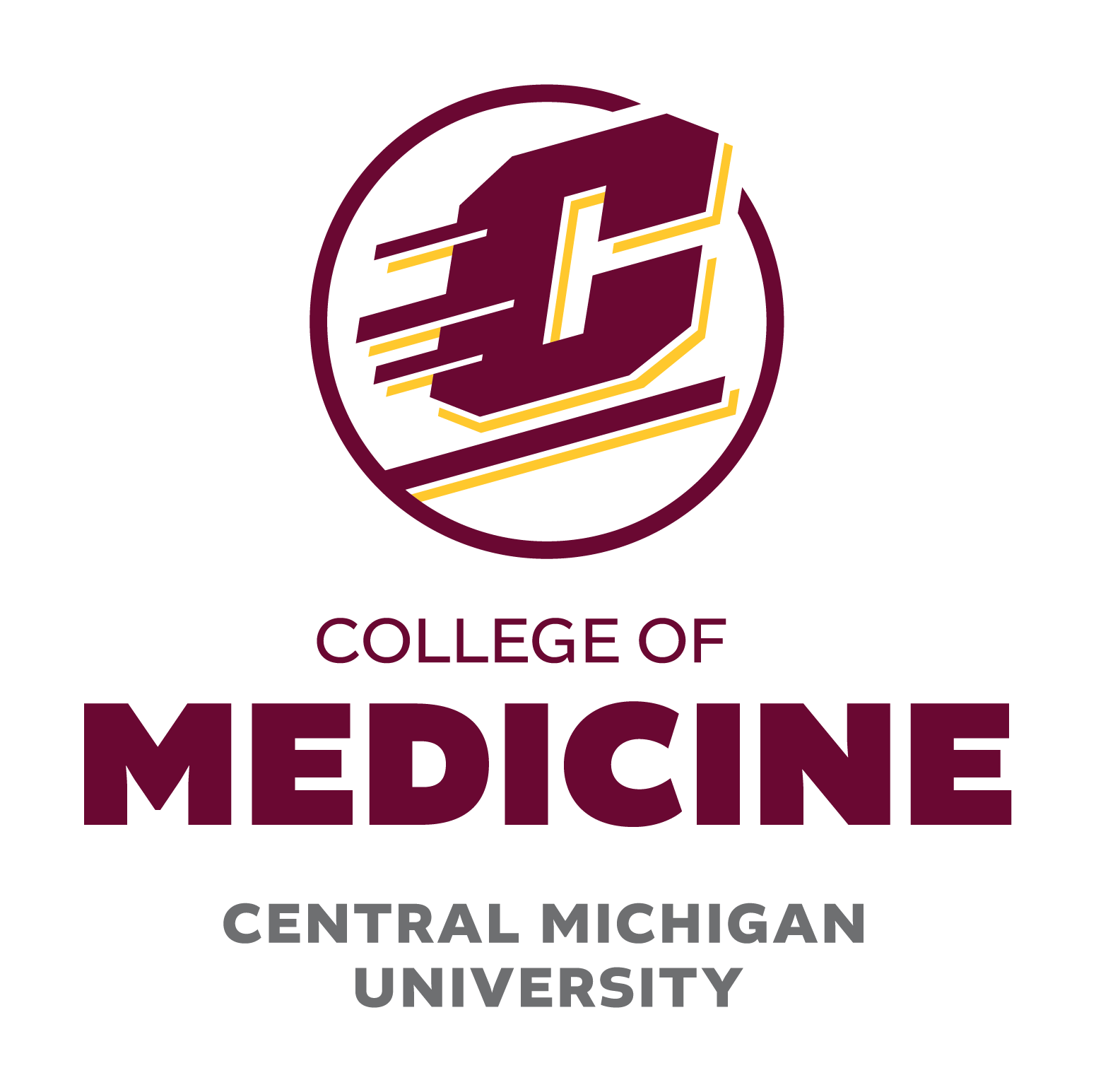Neonatal & Perinatal Medicine (NICU)
University Pediatricians | Michigan
About the Division of Neonatal & Perinatal Medicine
The Division of Neonatology consists of 12 physicians, 9 fellows, 8 nurse practitioners, and a neuropsychologist, who provide in-patient care at the Neonatal Intensive Care Units (NICUs) at Children's Hospital of Michigan (CHM) and Hutzel Women's Hospital (HWH) and the Special Care Nursery at Huron Valley Hospital and outpatient care in the Developmental Assessment Clinic in the Specialty Center and the Fetal Assessment Clinic at HWH and Fetal Care Center at CHM. Each year, our physicians care for more than 1,700 babies with a wide array of complex conditions, diseases and birth defects.
The NICU at Children's Hospital of Michigan provides the highest level of care for the sickest and most high-risk neonates and infants. Our Regional Level IV NICU has the capability to provide surgical repair of complex congenital or acquired conditions, as well as to care for those who need subspecialty medical care. At HWH, the physicians provide care to inborn preterm infants of all gestational ages and others who require intensive care, starting from the delivery room. NICU patients receive expert care from board-certified neonatologists and pediatric subspecialists. We have a special Neurocritical Care program to provide cooling for babies with brain injury as well as advanced non-sedate neuroimaging. The neonatologists have special expertise in managing chronic lung disease and a robust tracheostomy-home ventilation program.
Our 45 -bed state-of-the-art NICU at CHM features single private rooms, a parent zone in each room, a lactation room, and spacious family lounges that have full bathrooms, a kitchenette, and a quiet lounge. The NICU at CHM accepts transfers from other NICUs and infants who have already been home. A dedicated PANDA One intensive care transport team, staffed by specially trained registered nurses and respiratory therapists, provide timely response, 24 hours a day, to transport critically ill infants to the Children’s Hospital of Michigan from hospitals across the state. Transport options include two dedicated ground ambulances, as well as by helicopter and fixed wing air for transferring hospitals that are located at further distances. We provide cooling and nitric oxide on transport.
The NICU maintains a ratio of one nurse to one to three patients, maintaining the highest safety standards for the most at-risk patients. In addition, NICU-dedicated respiratory therapists, pharmacist, dietician, and occupational and physical therapists provide multidisciplinary developmentally appropriate care to our patients.
Leadership
Division Chiefs:
Neonatal / Perinatal Clinical Programs
Faculty
Faculty
- Sanjiv Amin, MD
- Monika Bajaj, MD
- Sanjay Chawla, MD
- Melissa February, MD
- Nithi Fernandes, MD
- Snehashis Hazra, MD
- Shirley Louis, MD
- Jorge L. Lua, MD
- Maheshwar Mahaseth, MD
- Helen Martinovski, MD
- Girija Natarajan, MD — Division Chief
- Abdur Rasheed, MD
- Hannah Sampath, MD
- Dafne Sanabria, MD
Advanced Practice Providers
- Jennifer Berlin, CPNP
- Cari Campbell, CNNP
- Kimberly Hayes-Hart, CNNP
- Ashley Heffner, CNNP
- Cheryl Jackson, CPNP
- Heather McClain, CNNP
- Kathleen Pilecki, CPNP
- Bonnie Schoettle, CPNP
Want to learn more about our distinguished specialists? Click the button below to be taken to our Faculty Directory.
Education
The Division of Neonatology at the Children's Hospital of Michigan, Detroit offers a three-year Neonatal-Perinatal Medicine Fellowship program that is accredited by the ACGME.
The mission of the Neonatal-Perinatal Medicine Fellowship Program is to produce compassionate and scholarly physicians who will become leaders in academic neonatal-perinatal medicine. Goals include teaching trainees the clinical skills for the diagnosis and management of disorders arising in the perinatal and neonatal periods and early infancy as well as the skills needed to perform basic science and clinical research that contributes to improvements in the heath care of neonates, to inculcate in fellow trainees the attributes of compassionate, family-centered and interdisciplinary care, to foster life-long learning and education and to passionately advocate for disadvantaged and disabled children.
This is accomplished by providing the fellows with a comprehensive teaching curriculum, exposure to a broad range of clinical experience and opportunity to learn and conduct clinical and laboratory research under the guidance of world-renowned faculty.
Click here or on the button below to learn more about the Neonatal-Perinatal Fellowship program.
Research
The Division of Neonatology has a robust research program that focuses on basic science research into the prevention and treatment of cerebral palsy, clinical research studying the impact of therapies on neurodevelopmental and clinical outcomes in preterm infants, observational and interventional studies in infants with hypoxic-ischemic encephalopathy and neonatal opioid withdrawal syndrome. Additional focus areas include bilirubin-induced neuronal injury in preterm and term neonates, effect of iron deficiency on neurodevelopmental outcomes in preterm and term neonates, effect of hypothyroxinemia on neonatal morbidities and neurodevelopmental outcomes, and role of trace elements in neonates.
Several active clinical and translational research studies are underway through the neonatal and perinatal team at the Children’s Hospital of Michigan and Hutzel Women’s Hospital. In addition, the division is a contributing site of the National Institutes of Health funded Neonatal Research Network, an elite group of academic NICUs nationwide. This network is part of the National Institute of Child Health and Human Development (NICHD). As a contributing member of the Network, the Division conducts neurodevelopmental follow-up of research participants until the age of 5-7 years. Drs. Chawla and Natarajan continue to lead studies from the Network, including most recently on the role of antenatal steroids in periviable infants and the effect of bevacizuab on neurodevelopment.
The Division led groundbreaking research on the use of therapeutic whole body cooling for infants who lack oxygen or blood flow to the brain at birth. Cooling treatment is now the standard of care around the world. Most recently, Dr. Natarajan has published on the association between sedation-analgesia during cooling and neurodevelopemental outcomes.
Dr. Tan has two 5-year RO1 grants funded by the NIH for $5.59 million to test the efficacy of new drugs for the prevntion of cerebral palsy in a rabbit model and to explore whether an essential enzyme cofactor is involved in brain injury before birth. The cellular and genetic basis of brain injury are being investigated in an animal model in which genes are altered by genetic engineering using adavnced MRI techniques. Dr. Amin is a recipient of several NIH awards since 2004. He is currently the PI of a multinational NIH-funded clinical trial to evaluate the effect of iron supplementation on brain development. Dr. Amin's research accomplishments are in the area of jaundice, nutrients, trace elements, and neurodevelopment.
Other active research performed includes impact of fetal alcohol exposure and environmental toxins during pregnancy on the infant and child (Ostrea), comparative effectiveness trials on management of neonatal opioid withdrawal syndrome (Jani, Chawla), stem cell therapies in bronchopulmonary dysplasia (Hazra), training in end-of-life care (Fernandes), epidemiologic studies on the effect of COVID-19 on birth outcomes (Bajaj, Jani), animal studies on drug exposure during pregnancy (February), MRI prediction of short-term outcome in hypoxic-ischemic encephalopathy and clinical trials on the efficacy and safety of probiotics (Lua).



